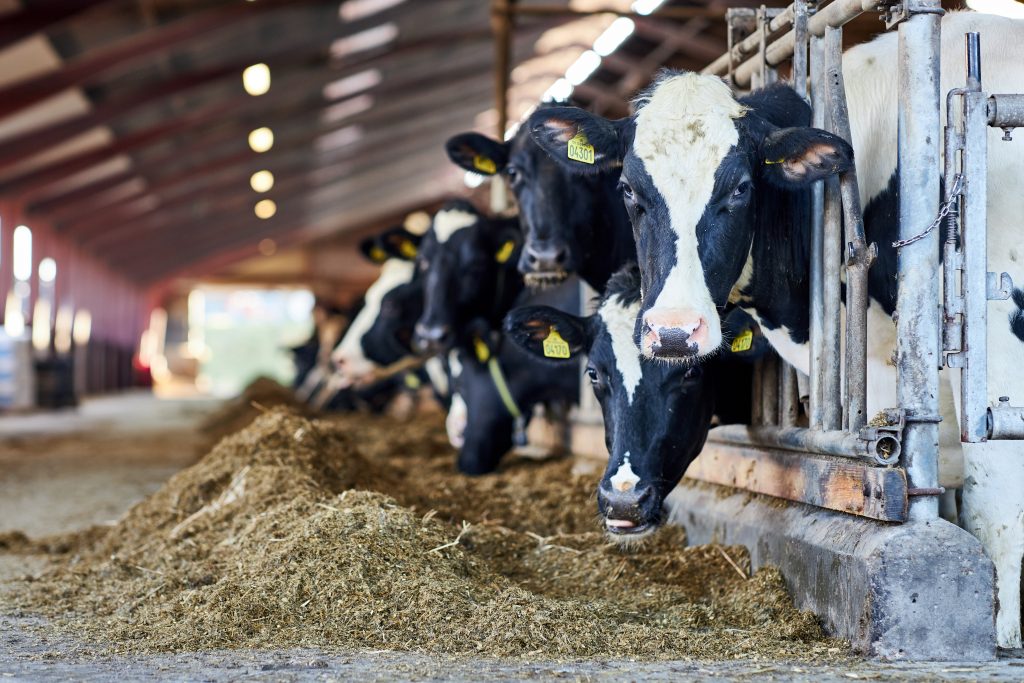
Bio-Gas Applications

Biogas is obtained as a result of fermentation of native manure with subsequent purification from unwanted impurities. After purification, the content of methane in biofuel rises, therefore the quality of alternative fuel improves. Compared to other types of petroleum fuels, during engine operation the biogas produces the smallest amount of carbon dioxide and particulate matter and therefore has environmental implications.
Agricultural Applications
The repeated and heavy use of chemical fertilizers causes serious environmental hazards as only a fraction is actually absorbed by the soil. The extra fertilizer is washed off leading to high concentrations of potassium, nitrogen, and phosphorus in surface water bodies. These problems can be resolved using slow-release fertilizers. Zeolites promote the nutrient-retention capacity of the soils by improving the slower release of these elements for uptake by crops.

Increasing safety for the farmer and savings in energy are some other advantages of slow-release formulation (SRF) application. SRFs have been shown to supply the active ingredient of herbicides for a longer duration of efficacy at the required rate for weed control and reduce leaching potential and environmental pollution of herbicides by decreasing the total amount of the chemical required.
Zeolites have several positive effects on soil properties, such as increasing soil moisture, promoting hydraulic conductivity, and increasing yields in acidified soils; they are widely used as soil conditioners to improve soil physio-chemical properties. Zeolite is not acidic but is marginally alkaline, and its use with fertilizers can help buffer soil pH levels, thus reducing the need for lime application.
Water Filtration Systems

Zeolites can be incorporated into filtration systems to remove contaminants from industrial effluents or municipal wastewater, contributing to sustainable water management practices. Zeolites act as ion-exchange materials in water filtration systems, removing heavy metals and other impurities from water.
Petrochemical Industry Applications
Zeolites find extensive use in the petrochemical industry for catalyzing reactions such as cracking and isomerization. Their ability to facilitate specific chemical transformations has led to increased efficiency in the production of fuels and chemicals.

Environmental Applications

Zeolites play a pivotal role in addressing environmental challenges. Zeolite-based materials are known to be safe for human being and environment. Their ability to selectively adsorb heavy metals, ammonia, and other pollutants makes them effective agents for water and soil remediation. This is widely believed to be the most effective cheap and sustainable way in remediation of the contaminated environments.
Animal Husbandry
Zeolites dietary supplementation is an important step in the prevention of several diseases and in the advancement of animal health. Zeolite minerals help in performance-promoting properties in the diet of livestock husbandry.

FMCG
Zeolites, aluminosilicate minerals with a porous structure, find various applications in the Fast-Moving Consumer Goods (FMCG) industries. Here are some ways in which zeolites are utilized in FMCG: